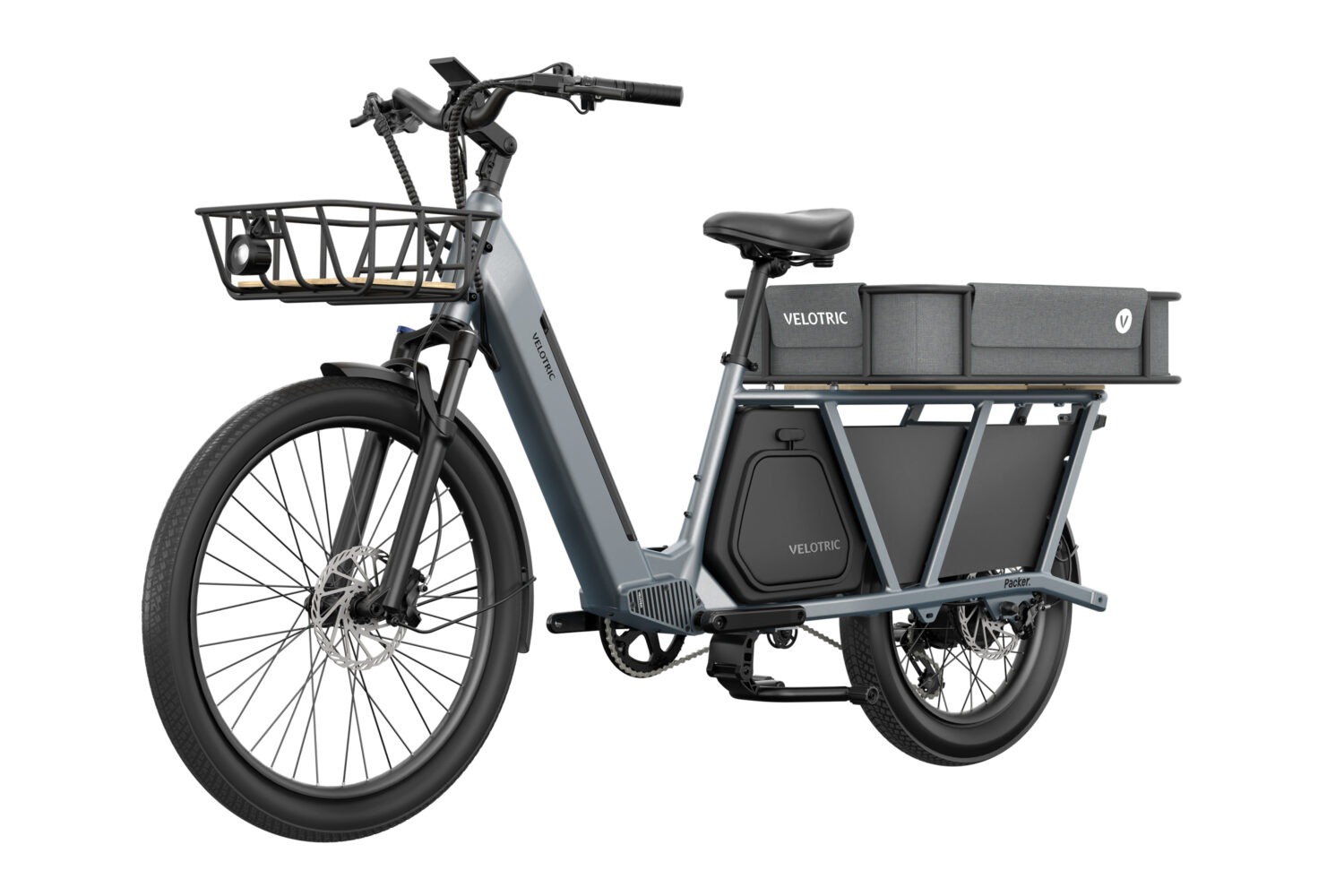The sudden proliferation of cargo electric bike has reshaped small business-related operations for the last several years, majorly inside urban areas. These new kinds of vehicles are becoming a multi-functional, time-saving, yet environmentally friendly manner for businesses to enhance their delivery and transportation skills. Among the different models available in the market, Pegasus E-Bike and Snapcycle Pegasus E-Bike have taken the lead in transforming small enterprise logistics.
Where Electric Cargo Bikes
Conventional delivery vehicle schemes are usually dependent on vans or trucks, and the costs are very high. Fuel costs, maintenance charges, and parking fall heavily, especially in areas with heavy congestion and increased emission regulations. That is where the electric cargo bike comes in: agile, efficient, and not only reduces operating costs but also offers sustainability.
Cargo e-bikes are designed to bear big loads with compact dimensions and powerful electric motors, enabling them to convey goods from one place to another easily across different terrains and choking traffic. Besides, electric cargo bikes have gained popularity with more cities continuing to expand their infrastructure for cyclists, hence presenting practical options for small businesses in efforts meant to enhance their logistics.
Small Business Benefits
1. Cost Efficiency: The key benefits of adopting cargo electric bikes include cost efficiency. Many business owners have testified that the cost of operating an electric cargo bike is way below traditional delivery vehicles. For one, its maintenance is minimal and the fuel costs are nil; hence, there are more efficiencies in the utilization of resources by businesses.
2. Accessibility: Electric cargo bicycles are in a better place in highly populated cities where parking is minimal. Their ability to make turns through tight streets and bicycle lanes helps them deliver things quicker and more efficiently. This kind of agility also helps smaller companies to reach customers who would otherwise be just too much of a headache to get to.
3. Environmental Impact: The shift to sustainability is no longer an emerging trend but rather an imperative. More eco-conscious consumers would, therefore, position businesses that utilize electric cargo bikes to be responsible and committed to reducing carbon footprints. This will keep your business in tune with the values of consumers, thus improving brand loyalty and new customer acquisition.
4. Adaptability: Cargo electric bike can be tailored for a variety of enterprise needs. From perishable bakeries and fresh groceries to office supplies, the bikes are capable of having cargo boxes or specialized racks installed. For instance, the Snapcycle Pegasus E-Bike has modular options for different types of deliveries and is, therefore, a great platform for a variety of businesses.
Case Studies of Success
In fact, several small businesses have successfully integrated cargo electric bikes into their operations-a clear case of how transformative this mode of transport can truly be.
- Local Bakeries: An urban bakery replaced all their van deliveries with a fleet of electric cargo bikes. They slashed the costs associated with delivery and expanded their delivery area radius. To customers, shorter wait times coupled with environmentally friendly delivery meant increased sales.
- Grocery Delivery Services: A startup mainly involved in local grocery delivery used Pegasus E-Bike for its operations. Because the electric cargo bikes could negotiate traffic with more ease, more deliveries could be made in less time. This efficiency had higher customer satisfaction and repeat business assured.
While the benefits are clear, there are also a number of challenges that small businesses must consider while integrating electric cargo bikes into their operations.
1. Initial Investment: The initial investment to be made in buying an electric cargo bike may be very high. It’s something where you have to balance initial costs with long-term savings in operational costs.
2. Regulatory Issues: Municipalities may have laws or regulations related to how electric cargo bikes can operate, such as speed limits or areas where they can operate. Small business enterprises need to be cognizant of these local laws and abide by them.
3. Training and Adaptation: Depending on the exact use of electric cargo bikes, employee training may be necessary, particularly concerning safety and handling more massive loads. Investment in proper training will pay well in securing maximum benefit from this new mode of transportation.
The Future of Cargo Electric Bikes in Small Business
As technology continues to evolve, electric cargo bikes are only going to improve. Advances in battery technology promise longer ranges and shorter charging times, thereby making them even more viable for those businesses that have wide delivery needs. In addition, as cities continue to become more bike-friendly, the infrastructure will broaden to support cargo electric bikes even further.
The Pegasus E-Bike and others in the same vein create a new benchmark for logistics within smaller business setups. Their adaptability to varied business needs while propagating ecological sustainability is a winning formula. This is, after all, the trend toward electric cargo bikes that will grow with the rise of environmental awareness and the demand for effective delivery systems.
Cargo electric bikes can be a transformative opportunity for small businesses. Companies that adopt this fresh way of moving goods will surely cut costs, improve access, and show concern for sustainability. As more businesses take in the benefits of electric cargo bikes, the face of small business operations will no doubt continue changing to a greener, more efficient future.

